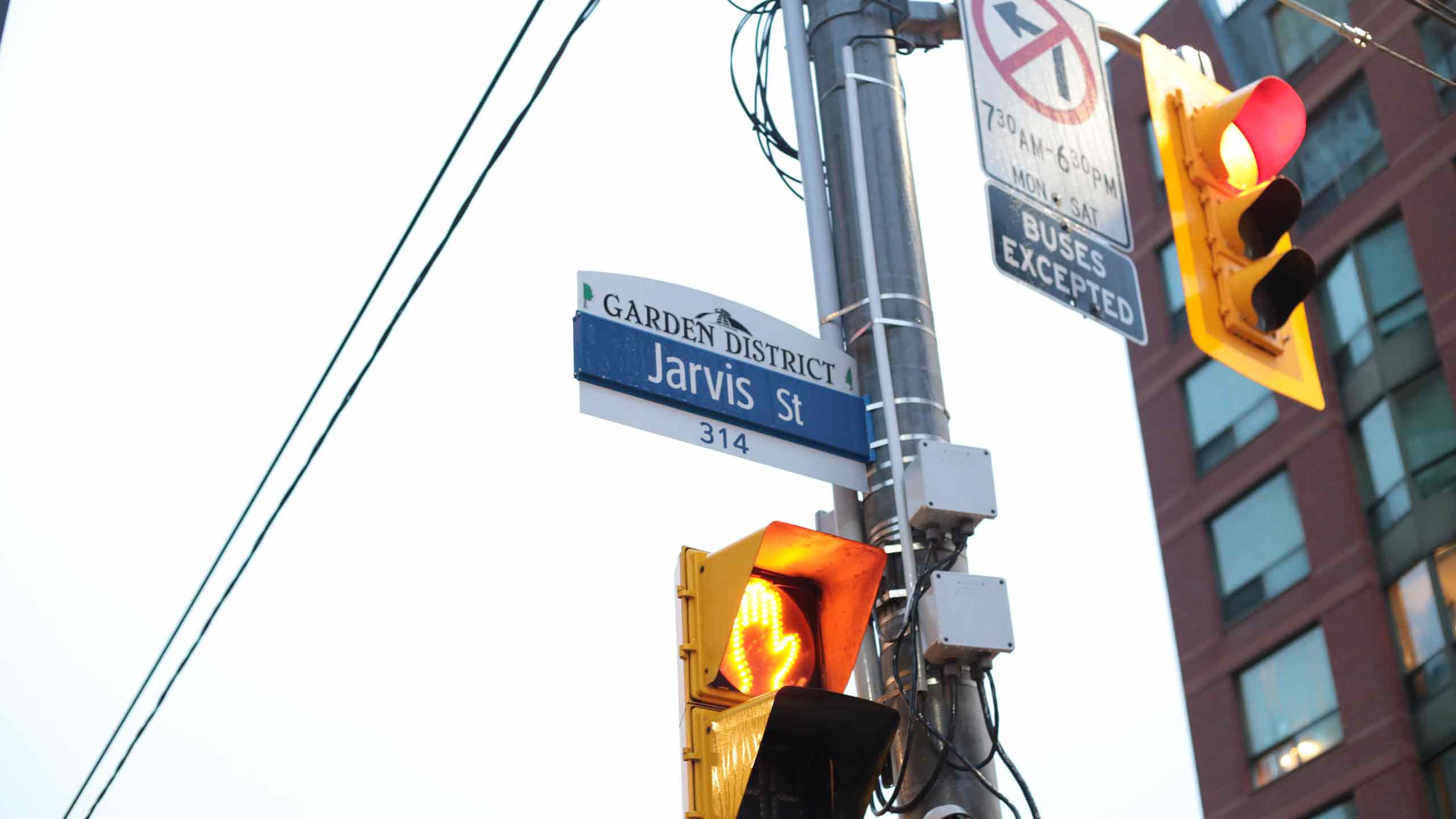By Jacob Dubé
The city plans to establish a new Indigenous business district at Jarvis and Dundas streets, right beside Ryerson’s campus. The district, headed by Ward 27 councillor Kristyn Wong-Tam and Indigenous business community members in the area, will encourage and provide services for new Indigenous businesses to grow.
“The City of Toronto has one of the largest Indigenous urban populations in Canada, but there is no geographic area that points to the history of the Indigenous communities in the City,” Wong-Tam wrote in an email to The Eyeopener. “The creation of a district would create an area that physically identifies the history and presence of Indigenous peoples in Toronto.”
President and CEO of the Canadian Council for Aboriginal Business (CCAB) JP Gladu, who worked alongside Wong-Tam on the district, said Toronto and other major Canadian cities have districts like Chinatown and Little Portugal, and this is a good way to create a space for Toronto’s Indigenous community—which he estimates is made up of about 70,000 people.
“You don’t really have that presence of an Indigenous community. Considering we’re the first people on this continent here, I think it’s a real missed opportunity,” he said.
A 13,000 sq. ft. space around Jarvis and Dundas streets has been secured for the district. The area is already home to several Indigenous businesses and centres, like the Miziwe Biik Aboriginal Employment & Training centre, with more room for others to be introduced. Wong-Tam added that Dundas Street was a historic trade route, which makes it an ideal spot for the district.
Tracey King, Aboriginal human resources consultant at Ryerson, was involved in the Aboriginal Economic and Business Development Project* in 2014 to research the possible creation of an Indigenous district.
“I think this is going to increase the profile of the Aboriginal people in Toronto, it’s going to create a positive portrayal of us and it’s going to create relationships with larger business communities, and the government,” King said. “And with our Aboriginal youth, which is growing, this is going to be a role model for them to start their own businesses.”
Gladu said that Canadians of all backgrounds are beginning to learn about Indigenous reconciliation, and that it’s a good time to start a conversation about it. He hopes the district will improve the way people think about Indigenous businesses.
“There’s so much uncertainty, especially south of the border right now that we’ve got to build on our strength, and there’s a lot of strength that’s emerging here,” he said.
The development, cost and name of the district are still being decided.
*CORRECTION: in an earlier version of this story, the name of this project was incorrectly stated. The Eyeopener regrets and apologizes for this error.













Leave a Reply